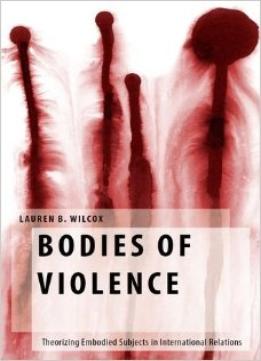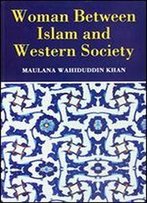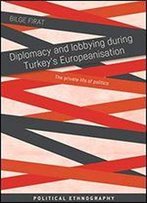
Bodies Of Violence: Theorizing Embodied Subjects In International Relations
by Lauren B. Wilcox /
2014 / English / PDF
1.6 MB Download
According to conventional international relations theory, states or groups make war and, in doing so, kill and injure people that other states are charged with protecting. While it sees the perpetrators of violence as rational actors, it views those who are either protected or killed by this violence as mere bodies: ahistorical humans who breathe, suffer and die but have no particular political agency. In its rationalist variants, IR theory only sees bodies as inert objects. Constructivist theory argues that subjects are formed through social relations, but leaves the bodies of subjects outside of politics, as "brute facts." According to Wilcox, such limited thinking about bodies and violence is not just wrong, but also limits the capacity of IR to theorize the meaning of political violence. By contrast to rationalist and constructivist theory, feminist theory sees subjectivity and the body as inextricably linked. This book argues that IR needs to rethink its approach to bodies as having particular political meaning in their own right. For example, bodies both direct violent acts (violence in drone warfare, for example) and are constituted by practices that manage violence (for example, scrutiny of persons as bodies through biometric technologies and body scanners). The book also argues that violence is more than a strategic action of rational actors (as in rationalist theories) or a destructive violation of community laws and norms (as in liberal and constructivist theories). Because IR theorizes bodies as outside of politics, it cannot see how violence can be understood as a creative force for shaping the limits of how we understand ourselves as political subjects, as well as forming the boundaries of our political communities. By engaging with feminist theories of embodiment and violence, Bodies of Violence provides a more nuanced treatment of the nexus of bodies, subjects and violence than currently exists in the field of international relations.











